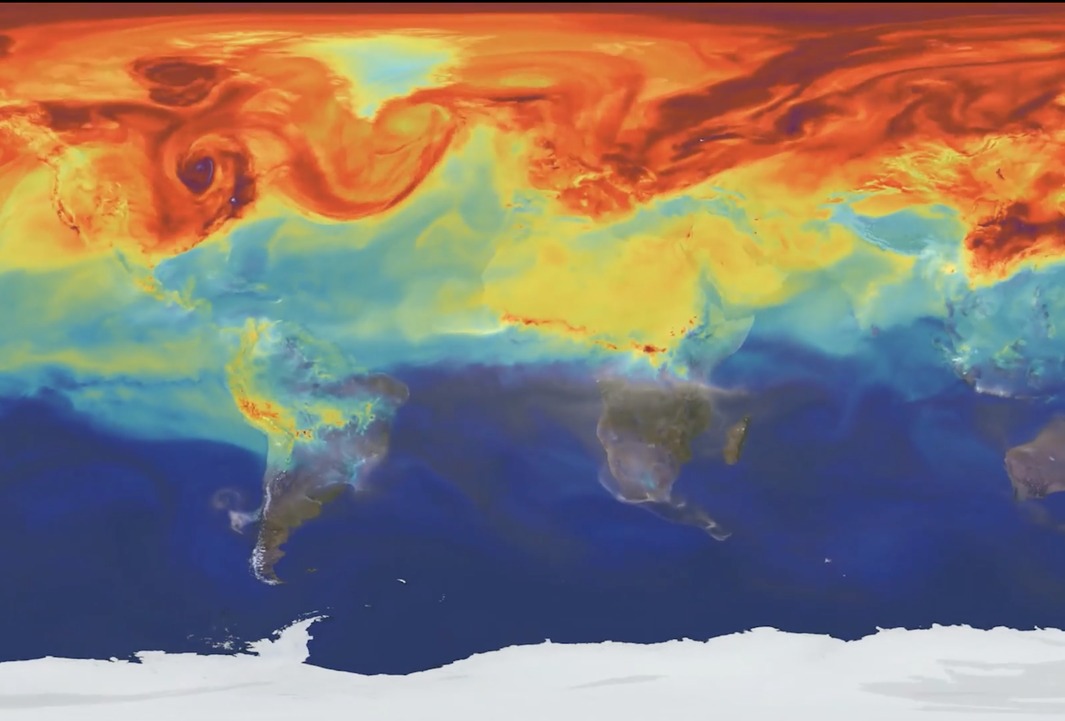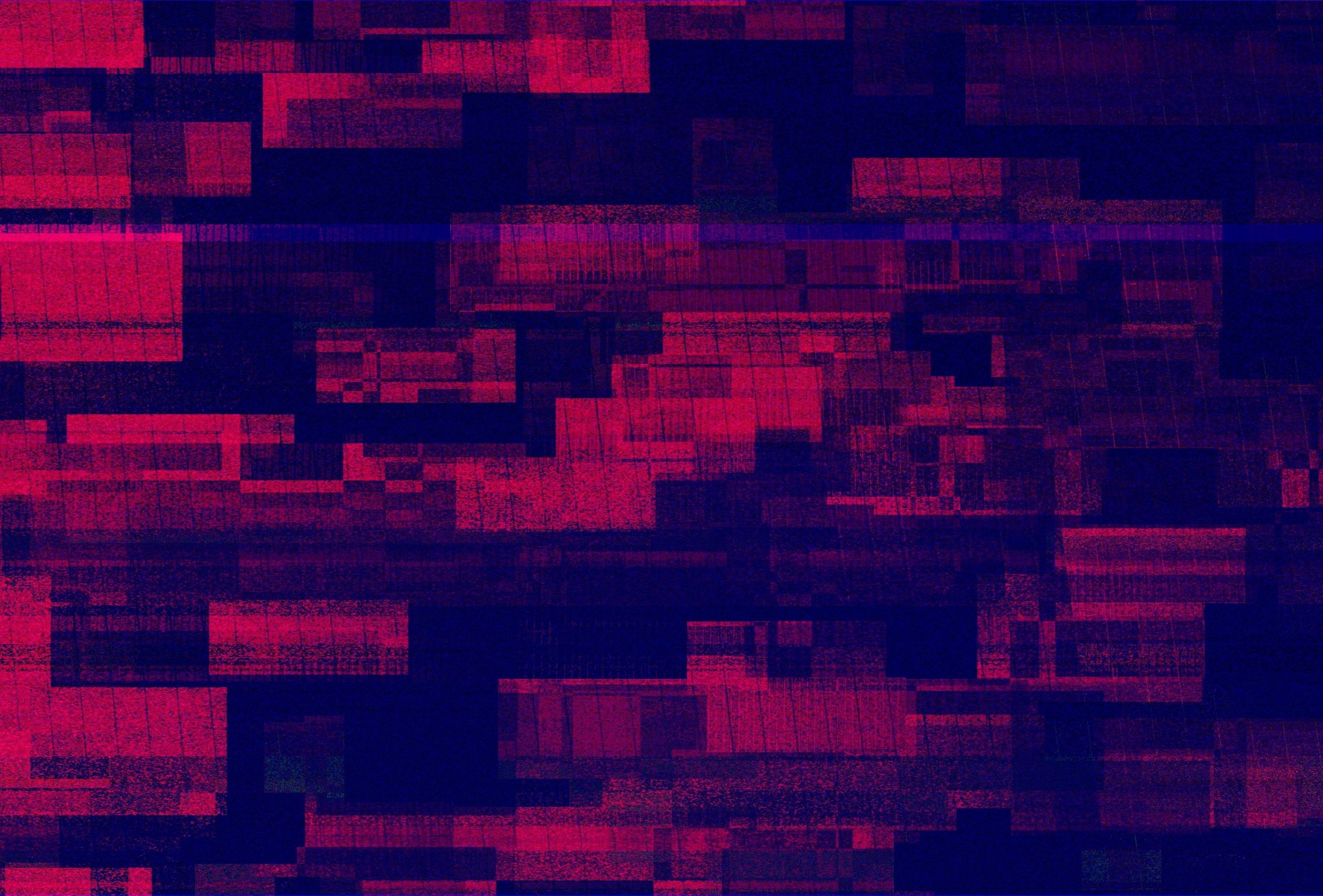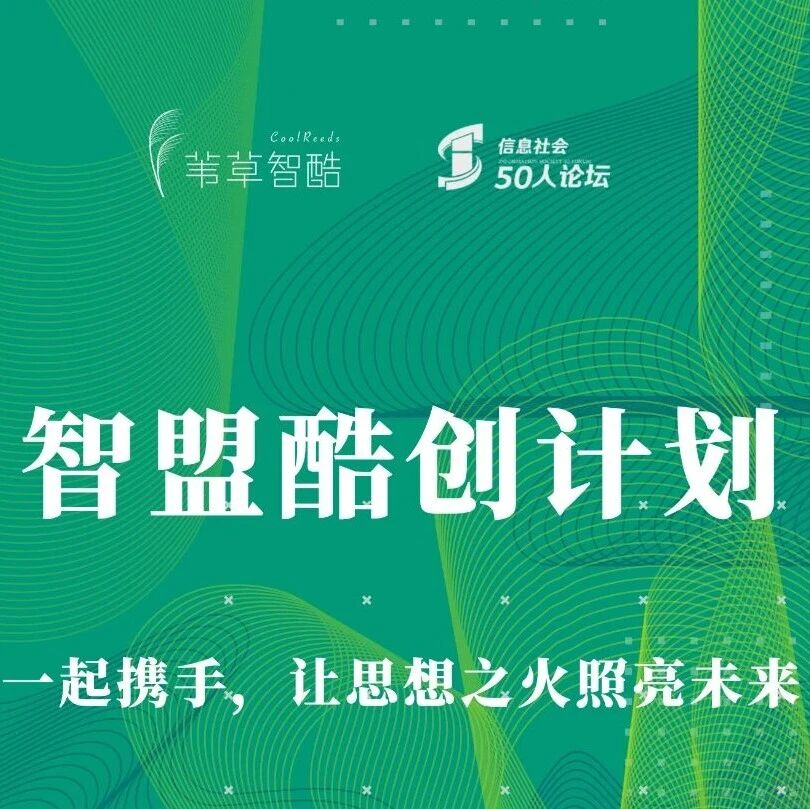因果推断领域新书(附PDF):Causal Inference: What If
 集智斑图顶刊论文速递栏目上线以来,持续收录来自Nature、Science等顶刊的最新论文,追踪复杂系统、网络科学、计算社会科学等领域的前沿进展。现在正式推出订阅功能,每周通过微信服务号「集智斑图」推送论文信息。扫描上方二维码即可一键订阅。
集智斑图顶刊论文速递栏目上线以来,持续收录来自Nature、Science等顶刊的最新论文,追踪复杂系统、网络科学、计算社会科学等领域的前沿进展。现在正式推出订阅功能,每周通过微信服务号「集智斑图」推送论文信息。扫描上方二维码即可一键订阅。
因果推断是当今机器学习领域炙手可热的研究方向,而图灵奖得主贝叶斯网络之父 Judea Pearl 的著作《为什么》更是让该领域的知识得以普及。而在2020年末,由哈佛大学公共卫生学院的 Miguel Hernan 与 Jamie Robins 教授合作完成的因果推断领域的新书 Causal Inference: What If,更是详细全面地阐述了因果推断领域的基本概念与背后的理论基础。

Causal Inference: What If 书籍名称:Causal Inference: What If扫码下载(及阅读原文)
依照二位作者的编排,本书的难度是逐级递增的。第一部分主要介绍的是无模型的因果推断;而第二部分则介绍有模型的因果推断;在第三部分中,则把笔墨的重点放在了:如何在复杂的纵向数据中进行因果推断。并把适用于所有读者的疑难点(Fine Points)和针对专业人士的技术点(Technical points)都穿插在行文中。 正如作者所言:目前现有的因果推断资料大多是散落在学术期刊上的文章。作者希望这本书可以帮助到所有对因果推断感兴趣的读者,特别是希望社会科学和健康领域的人士能够从中受益。 主要目录章节 Introduction: Towards less casual causal inferences I Causal inference without models1 A definition of causal effect2 Randomized experiments3 Observational studies4 Effect modification5 Interaction6 Graphical representation of causal effects7 Confounding8 Selection bias9 Measurement bias10 Random variability
II Causal inference with models11 Why model?12 IP weighting and marginal structural models13 Standardization and the parametric g-formula14 G-estimation of structural nested models15 Outcome regression and propensity scores16 Instrumental variable estimation17 Causal survival analysis18 Variable selection for causal inference
III Causal inference from complex longitudinal data19 Time-varying treatments20 Treatment-confounder feedback21 G-methods for time-varying treatments22 Target trial emulationReferences 推荐阅读什么是因果推断 | 集智百科
点击“阅读原文”,下载PDF原文










